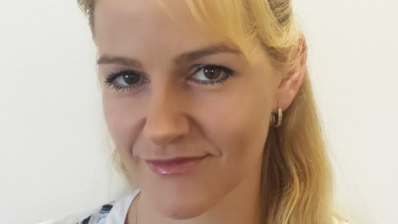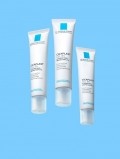Coming clean: how to respond to product claims scrutiny

The cosmetics industry is highly competitive and must remain alert to potential market opportunities. At the same time, products and their claims must adhere to extensive and stringent regulations—in particular, the 2009 cosmetics regulation and the 2013 common-criteria regulation.
The requirements create a difficult balancing act for the industry as European regulatory authorities pay closer attention to compliance.
In late 2016, the European Commission (EC) published a report that assessed whether the cosmetics industry was complying with product claims regulations. It was an important test for the industry, and fortunately, the findings were largely favourable: of 38,995 claims analysed, 3,730, or less than 10%, were found to be noncompliant.
Had the results been negative, the EC would likely have taken harsher measures by limiting the number of claims companies could make and placing tight restrictions on competitive claims. Nevertheless, as the 10% noncompliance figure demonstrates, the industry still has work to do to meet safety requirements.
Purpose and Intent
The cosmetics regulation is designed to improve safety and transparency for consumers. The claims about what a product can do must be clear and understandable, as must information about ingredients so as to make it easy to identify a specific risk, such as potential allergy.
A primary focus of the regulation is the cosmetic label, which must include information about major allergens and sensitivities.
Cosmetics companies must justify and prove that what they have on a label can be supported and that the claims aren’t spurious. They must demonstrate that safety has been validated by a qualified person and that the efficacy claims made on the packaging are true. And all of that information has to be included in the Product Information File.
According to the EC report, there are several areas in which companies are noncompliant: product performance, medicinal properties, free-from claims, hypoallergenic assertions, claims about the presence or absence of ingredients, and not-tested-on-animals claims.
One of the most problematic is the free-from claim—such as free from parabens or aluminium—because the regulation forbids companies from making damaging claims about authorised ingredients, such as suggesting such ingredients are risky for consumers.
The regulators have made clear that free-from claims should be included only to help consumers choose products best suited to them. For example, hair colourant PPD, or paraphenylenediamine, can cause allergies in some people, so a colourant free from PPD would provide clear benefit for some consumers.
The hypoallergenic claim is another controversial one because it is used for attracting consumers with atopy or those with sensitive skin. However, this claim is now used very widely—without data to support it, which could pose a risk to consumers or prevent them from making informed choices.
Finding the Right Balance
Marketing is crucial in the cosmetics industry because purchasing decisions depend largely on how information about a product gets communicated.
In such a competitive environment, companies have to differentiate themselves, but smaller companies likely find themselves at a disadvantage because they have neither enough budget to conduct studies that would prove their claims nor the resources or internal expertise to collect and analyse the information needed to substantiate those claims.
Nevertheless, all companies must comply or risk regulatory crackdown. A misleading claim or a claim that can’t be supported could result in having to correct a label or even potentially having a product pulled from the market—at great cost and huge damage to the company’s reputation.
The management of product claims is undoubtedly a difficult balance for companies, but it must be conducted seriously both for the sake of consumers and to safeguard the reputation of the industry.
Dr Caroline Cardoso is head of cosmetics at ProductLife Group.



















